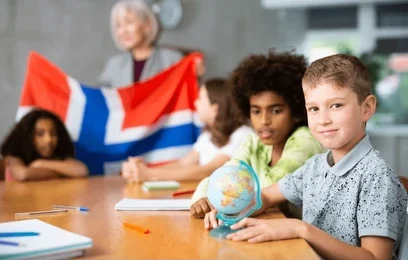
Underrepresented groups in Norway face barriers to lifelong learning due to social, economic, and geographic disparities. These gaps limit access to continuous education and workforce advancement. Inclusive strategies are needed to boost participation and build a more equitable learning environment.
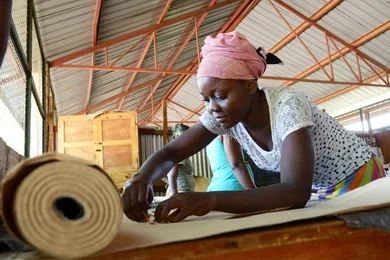
Girls in Kenya face barriers to vocational education, including early pregnancies, limited resources, and low parental support, leading to high dropout rates. These challenges hinder their personal growth and economic empowerment. Expanding support programs is essential to keep girls in school and on track.
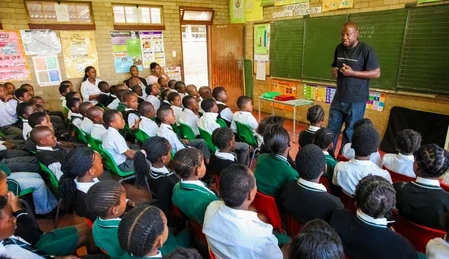
Teachers in South Africa struggle to strengthen their skills in math and science education, impacting student performance in key subjects. Without professional development, learning outcomes remain stagnant. Investing in targeted training is crucial to empower educators and improve student success.
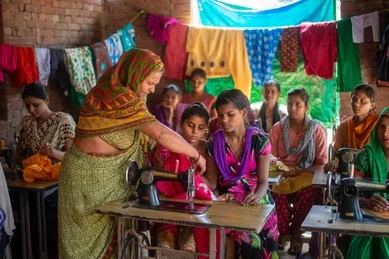
India’s vocational training system faces a disconnect with labor market needs, leaving many students unprepared for available jobs. This mismatch contributes to high unemployment and skills shortages. Aligning curricula with industry demands is critical for workforce readiness which requires collaboration between industry stakeholders, government, and educational institutions.
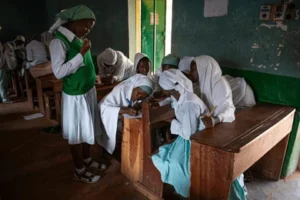
Nigeria’s education system lacks the capacity to deliver skills in sustainability-focused sectors like renewable energy and agriculture. This skills gap hinders progress toward sustainable development. Revamping education to include targeted training is key to a greener, future-ready economy. Without targeted training and resources, the nation risks falling behind in the global shift towards sustainability.

